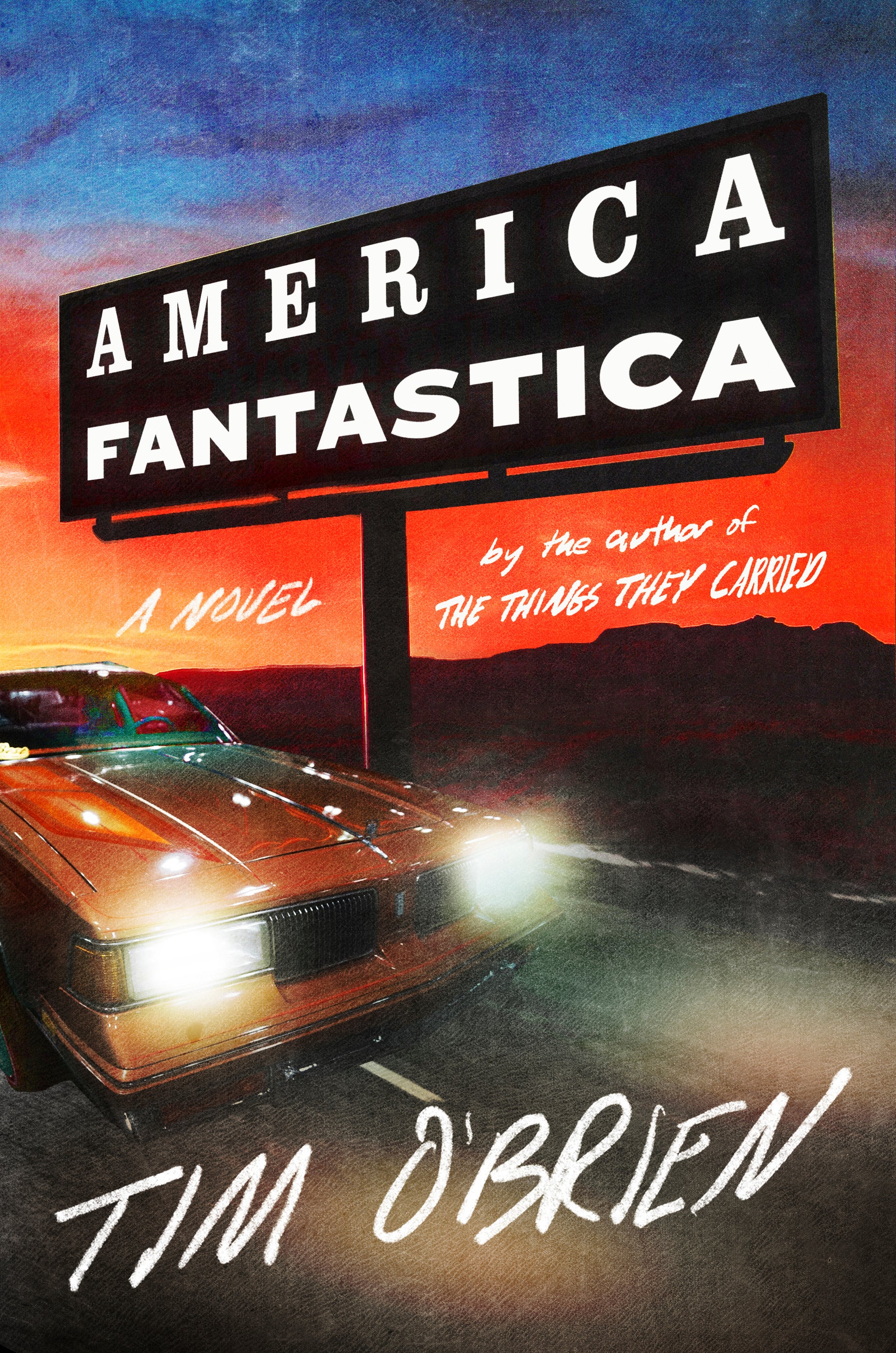Book Review: 'America Fantastica' entertaining journey that looks at consequences of lies
In “America Fantastica,” novelist Tim O'Brien explores the impact of deception and lies on the country with a satire that begins with a simple bank robbery

Your support helps us to tell the story
From reproductive rights to climate change to Big Tech, The Independent is on the ground when the story is developing. Whether it's investigating the financials of Elon Musk's pro-Trump PAC or producing our latest documentary, 'The A Word', which shines a light on the American women fighting for reproductive rights, we know how important it is to parse out the facts from the messaging.
At such a critical moment in US history, we need reporters on the ground. Your donation allows us to keep sending journalists to speak to both sides of the story.
The Independent is trusted by Americans across the entire political spectrum. And unlike many other quality news outlets, we choose not to lock Americans out of our reporting and analysis with paywalls. We believe quality journalism should be available to everyone, paid for by those who can afford it.
Your support makes all the difference.The premise of “America Fantastica,” the latest work by novelist Tim O'Brien, feels like the standard plot for a crime caper. A JCPenney employee in a small California town walks into a bank to rob it and goes on the run with $81,000 on hand and the teller who's been flirting with him.
But O'Brien is no standard novelist, and “America Fantastica” is anything but a standard novel. O'Brien's first book in two decades is a funny and sad satire that explores the consequences of misinformation on society.
The protagonist of O'Brien's novel, Boyd Halverson, is the disgraced former reporter and JCPenney employee who strolls into a bank with a gun and a note seeking $300,000 in cash. He walks out with a much smaller amount and Angie Bing, the teller who becomes his somewhat reluctant partner in crime during Halverson's quest to confront his father-in-law.
They encounter along the way Bing's boyfriend, Halverson's ex-wife and a odd assortment of characters. Halverson is forced to reconcile with a life of lies and deception so embedded in his character that he has trouble recognizing the truth.
O'Brien portrays disinformation throughout the book as an epidemic that he calls mythomania, recounting familiar lies from political figures in recent years. As O'Brien describes it, “mythomania had become the nation's pornography of choice.”
The extent of that affliction is illustrated by every character in the book who has deceived others or themselves in some fashion. But Halverson — the “ur-liar of liars” — has the most to unpack as the novel gradually reveals what led to his downfall, including the tragic death of his toddler son.
It's a fascinating journey, but one that says as much about the current state of the country as it does about the novel's chief characters. O'Brien proves that he remains one of the most powerful novelists.
___
AP book reviews: https://apnews.com/hub/book-reviews